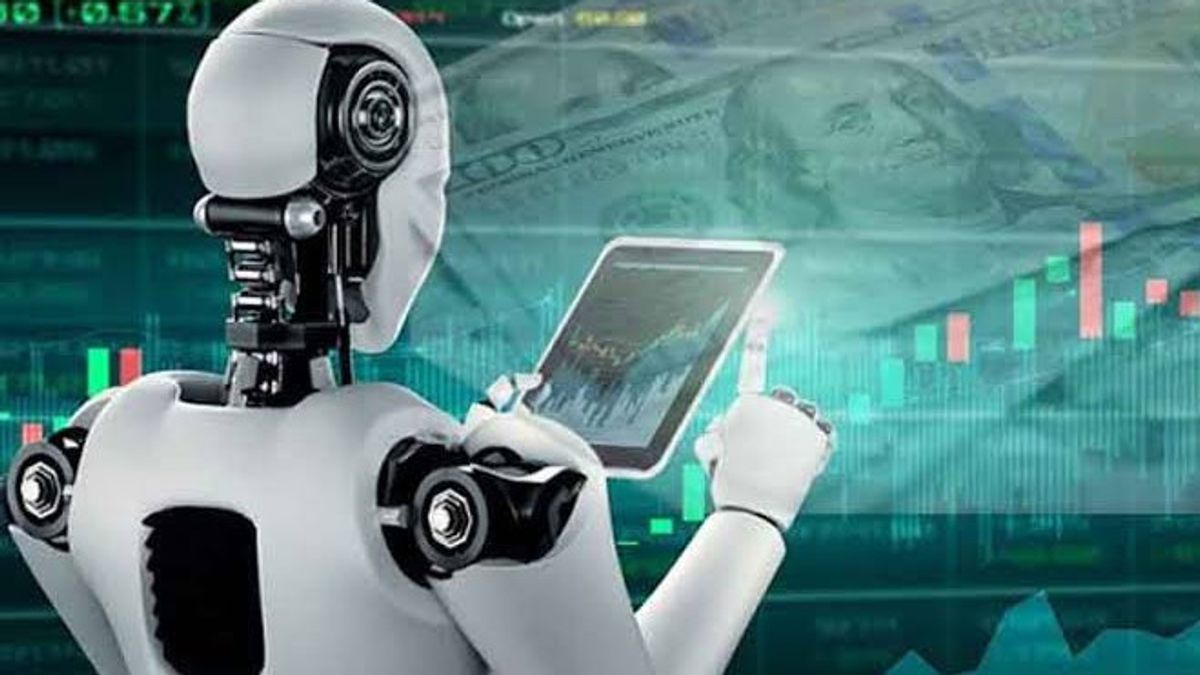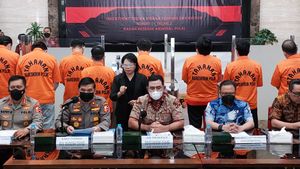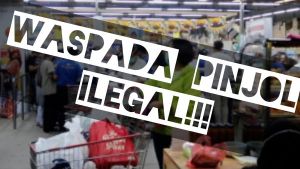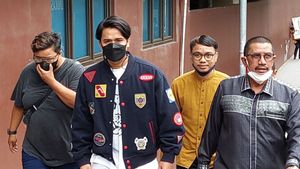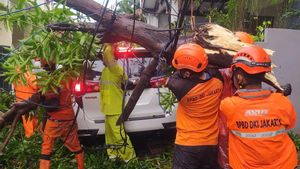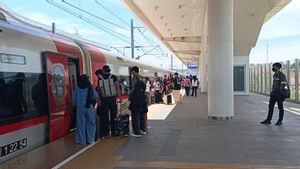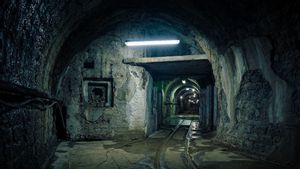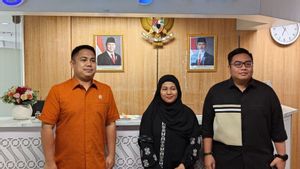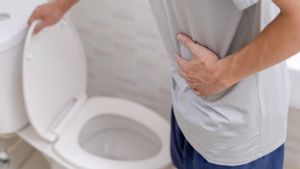JAKARTA - The rise of cases of illegal trading robots has attracted the attention of various groups. The government, in particular the Commodity Futures Trading Supervisory Agency (CoFTRA), has promised to immediately make special regulations for trading robots.
The advantage if the trading robot later has clear regulations, it is hoped that the sales and marketing mechanism will be clearer to the taxes applied to each sale of the trading robot.
"When there is a regulation from the government as a regulator and maintains manufacturers or providers of trading robots, of course, it will further improve the ecosystem of trading robots in Indonesia," said CEO and Founder of Astronacci International Gema Goeyardi in a written statement, Saturday, June 4.
However, according to Gema, what should be the focus is the working mechanism of the robot, as well as the financial system that exists in the robot. Because, he said, trading robots are often used as a platform to make fraudulent investments in the form of depositing funds and investors do not have any power over the money they invest.
"Of course, if there are appropriate regulations, both in terms of robot work systems and good and correct investment rules, it will really help investors to invest calmly and comfortably," continued this digital economy expert.
Then how to distinguish a real trading robot from a fake one? Gema explained that trading robots are part of automation trading management, where this is one of the sciences that is regulated or recorded and becomes a reference when we take technical certification in world analysis.
Basically, the trading robot will be perfected by humans who improvise through a more disciplined trading mechanism than an algorithm or formula used when conducting analysis in general so that it becomes automatic and can be used by other traders for their trading needs.
"We can see how to distinguish a real trading robot from a fake one or a ponzi, of course, we can see from the profit system that is offered. When there is an offer in the form of fixed income and a very large percentage of profit, we need to be aware that the investment is a fake investment or ponzi," he said.
SEE ALSO:
Previously, the Commodity Futures Trading Regulatory Agency (CoFTRA) stated that not all trading robots were fraudulent.
Head of the Bureau of Market Development and Development of the Commodity Futures Trading Supervisory Agency (CoFTRA), Tirta Karma Sanjaya, revealed that the rules regarding the safe use of trading robots are continuously being formulated with the Bureau of Legislation and Enforcement of CoFTRA.
"In principle, this rule is made so that the use of trading robots is easier to monitor and safer in its use in Commodity Futures Trading (PBK) investments," said Tirta, some time ago.
According to Tirta, there are three aspects of the approach used in regulating trading robots in Indonesia. First, the principle that a trading robot must fulfill in PBK activities is a trading robot as a tool for customers.
This means that trading robots must be used by licensed futures brokers, not used for illegal activities under the guise of investment, and monitoring and evaluation of legal business actors who use trading robots.
Second, there needs to be certain specifications on trading robots such as having algorithm transparency, variables that can be inputted according to customer wishes, bugs free, and developed by companies that have legality and integrity.
Third, namely, establishing rules regarding the criteria for trading robot developers such as having legality issued by the official Indonesian authorities.
Managers must also provide trading system education, provide periodic algorithm updates, and provide post-trade services, so as not to promise consistent profits.
The English, Chinese, Japanese, Arabic, and French versions are automatically generated by the AI. So there may still be inaccuracies in translating, please always see Indonesian as our main language. (system supported by DigitalSiber.id)
